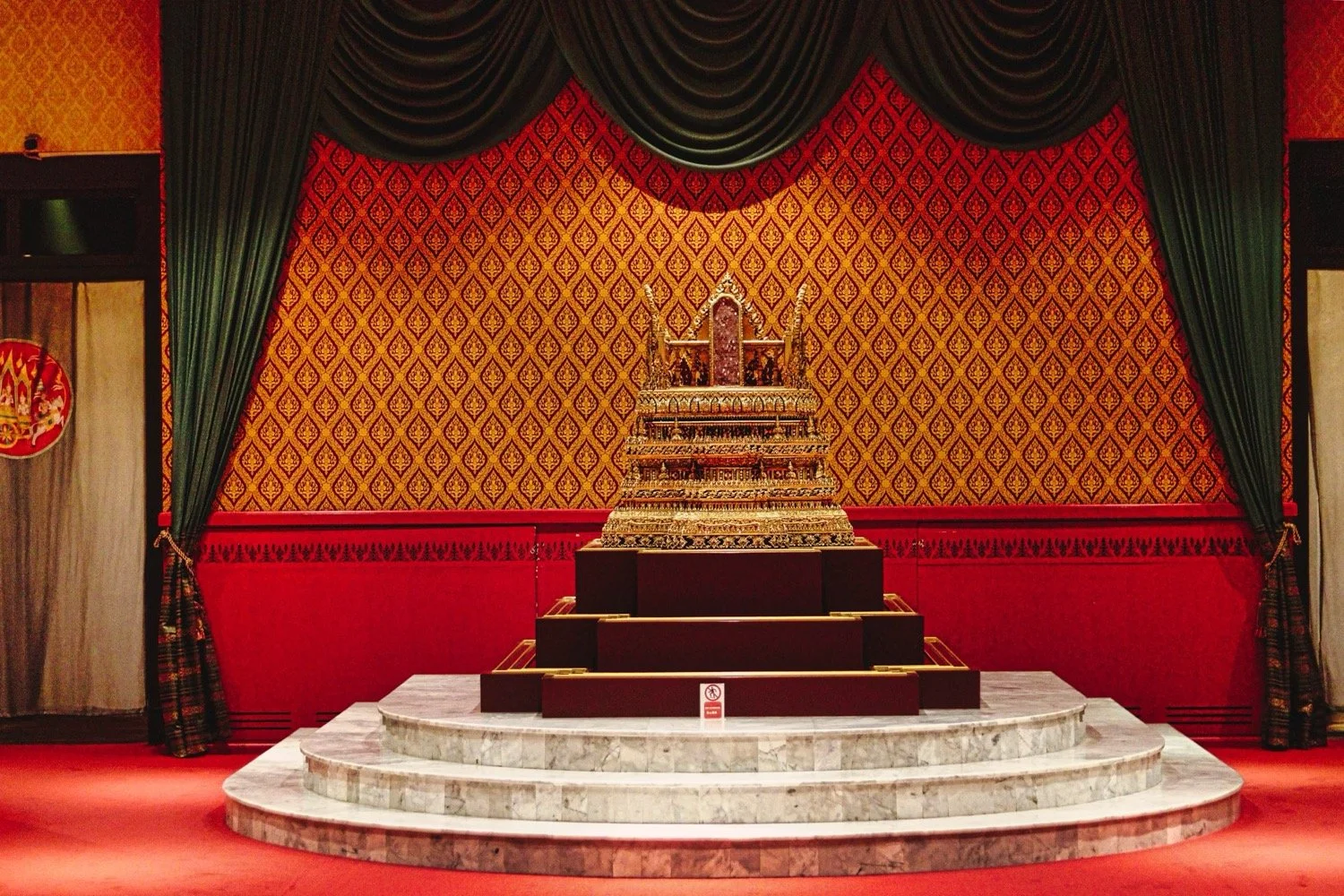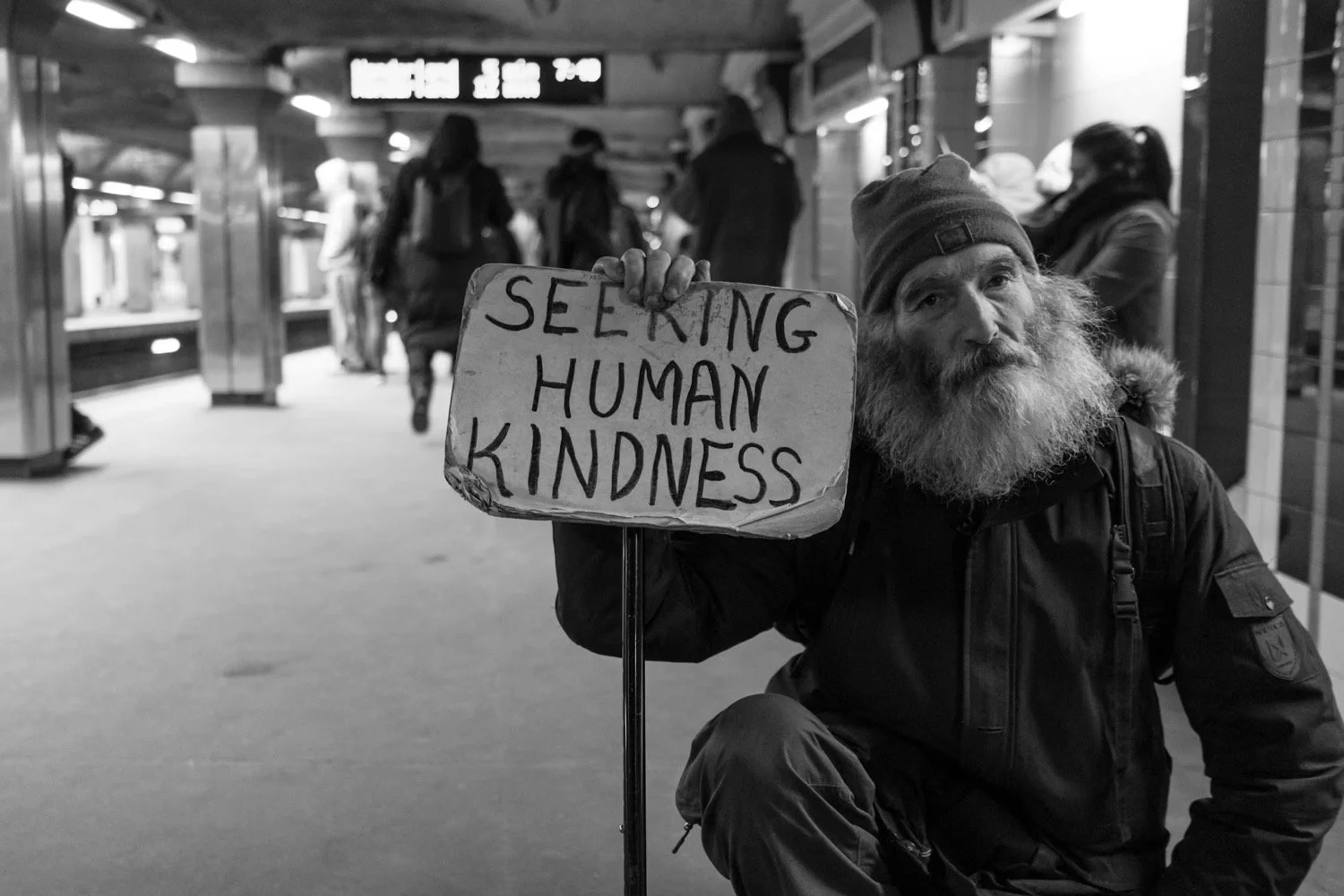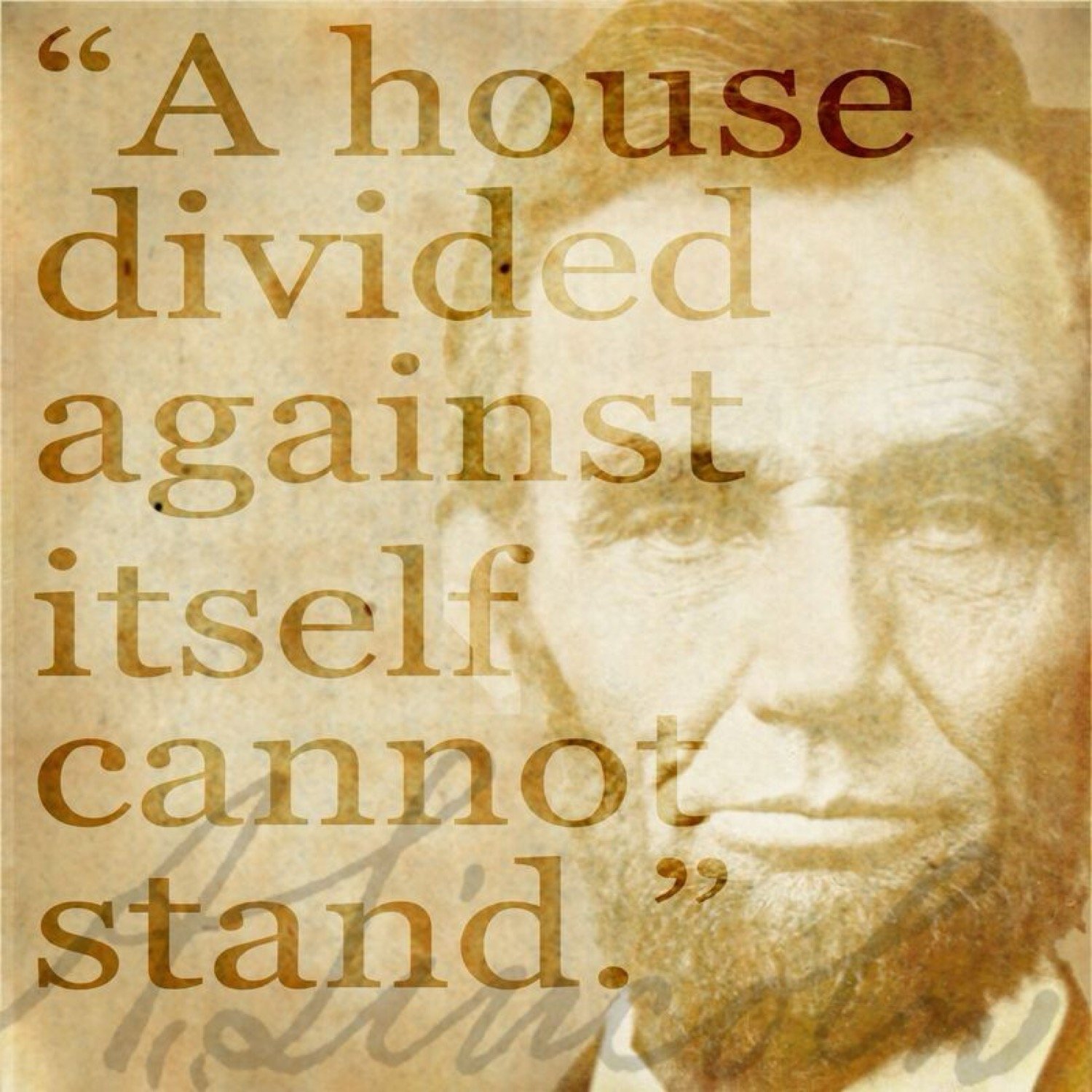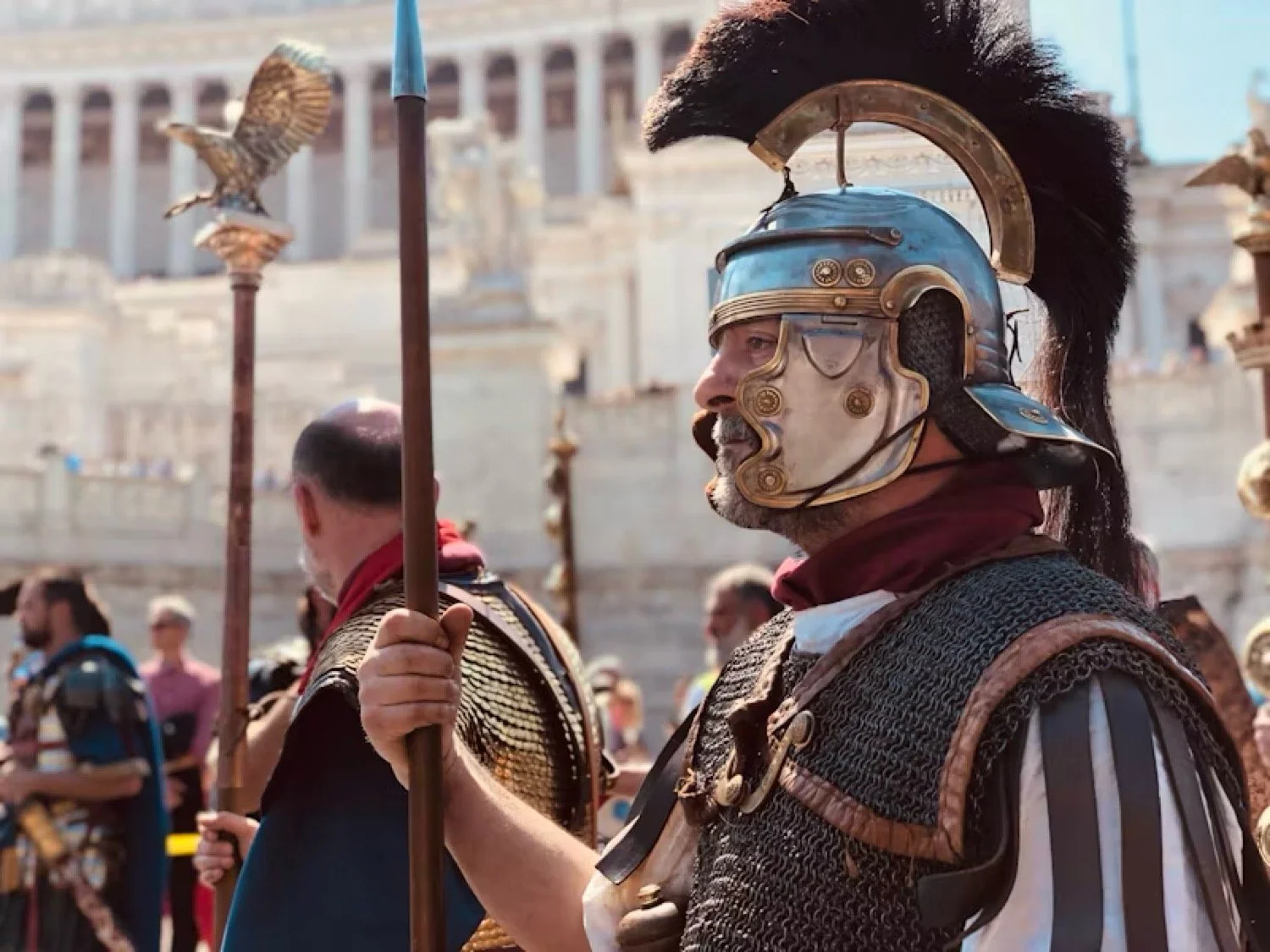Readings for today: Genesis 24-26
God will fulfill His promise. God will be faithful to His covenant. God will make sure His mandate is followed. From the beginning of Genesis we have seen a common theme appear over and over again. Be fruitful. Multiply. Fill the earth. Exercise dominion over all God has made. This is God’s plan for humanity. This is God’s plan for His people. This is the direction given to Adam and Eve. Noah and his family. Abraham and Sarah. And now it comes to Isaac and Rebekah.
However, an important grammatical change has taken place. Instead of humanity being responsible for fulfilling this mandate, God Himself takes the responsibility on. “Sojourn in this land, and I will be with you and will bless you, for to you and to your offspring I will give all these lands, and I will establish the oath that I swore to Abraham your father. I will multiply your offspring as the stars of heaven and will give to your offspring all these lands. And in your offspring all the nations of the earth shall be blessed…And the Lord appeared to him the same night and said, "I am the God of Abraham your father. Fear not, for I am with you and will bless you and multiply your offspring for my servant Abraham's sake." (Genesis 26:3-4, 24) God will not let His covenant be broken. God will not let His promises fail. Despite the mistakes and missteps we make along the way - like claiming our wives as our sisters or conflict with our neighbors - God uses all things for the good of those who love Him and are called according to His purposes. Remember, God has committed Himself to us. He walked through the halves of the animals to signify the gravity of His resolve. The plan of God cannot fail because God will not fail.
This truth is life-changing. For people. For churches. For anyone who calls on the name of the Lord. God may not fulfill all your desires. He may not grant all your wishes. He may not answer all your prayers. But if you seek Him, He will make you fruitful. He will multiply your reach and influence. He will bless you so that you fill the earth with His glory and His image. He will give you dominion over whatever spheres of influence you find yourself in. Not so you will be healthy and wealthy. Not so you will never experience suffering or hardship. One cannot measure God’s faithfulness using worldly means! No, this is about God’s Kingdom. God’s glory. God’s honor. God’s plan from before the foundations of the world. God will have His way on earth. God will have His way with us. God will not rest until His will is done on earth as it is in heaven.
So what is our role? Worship. Note Isaac’s response to God’s promise in his life. “He built an altar there and called upon the name of the Lord and pitched his tent…” (Genesis 26:25) God simply wants our worship. Our love. Our adoration. He simply wants us to thank Him. Praise Him. Glory in all He is doing on our behalf. He simply wants our submission. Our obedience. Our trust that His way is the best way - really, the only way - to live. God loves you, friends! God is for you! God is with you! God is working even now to bring His plan to pass in your life. Will you walk before Him like Abraham? Will you seek Him like Isaac? Will you submit your way and your will to Him like our forefathers and foremothers in the faith?
Readings for tomorrow: Genesis 27-29




